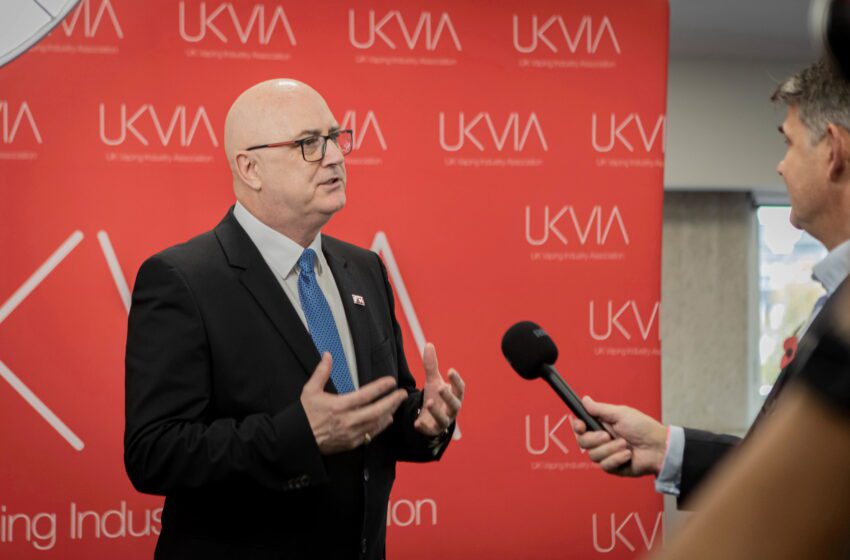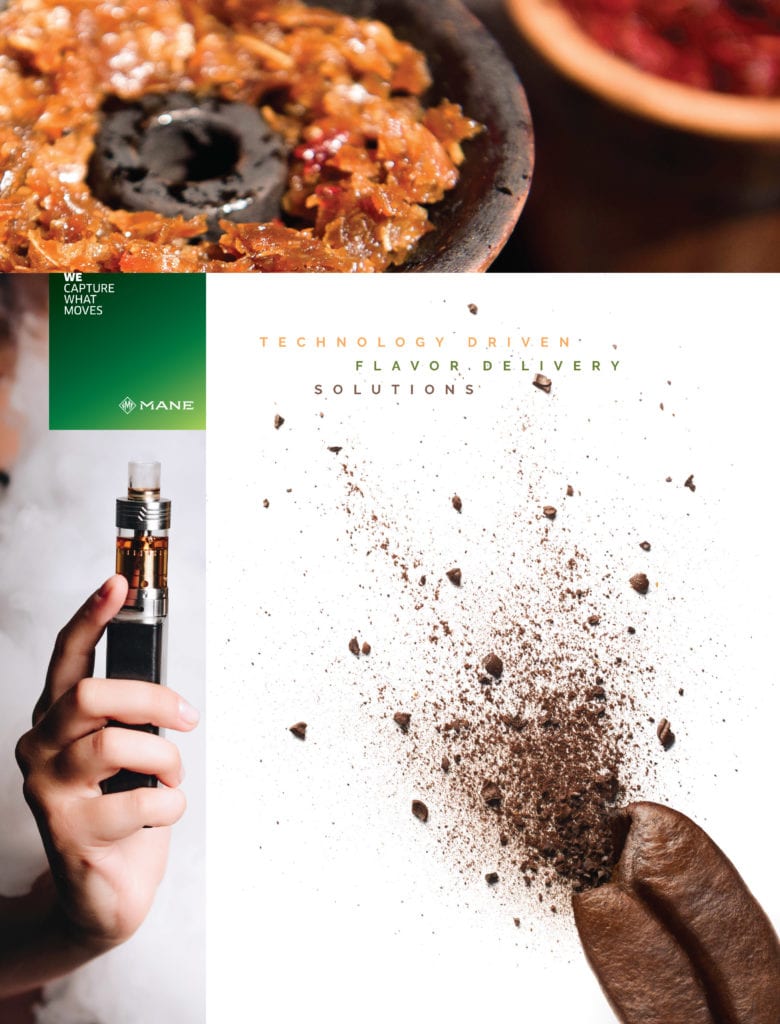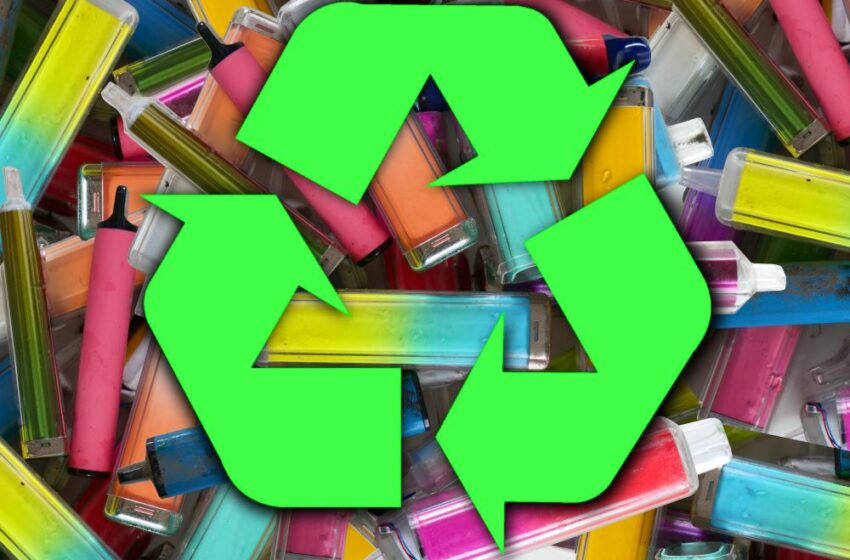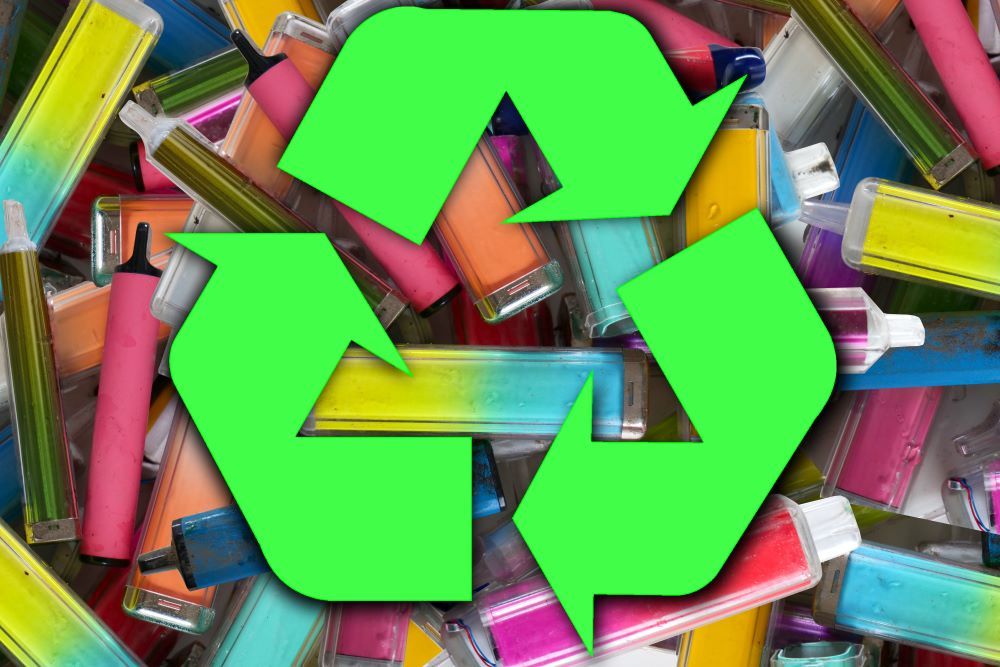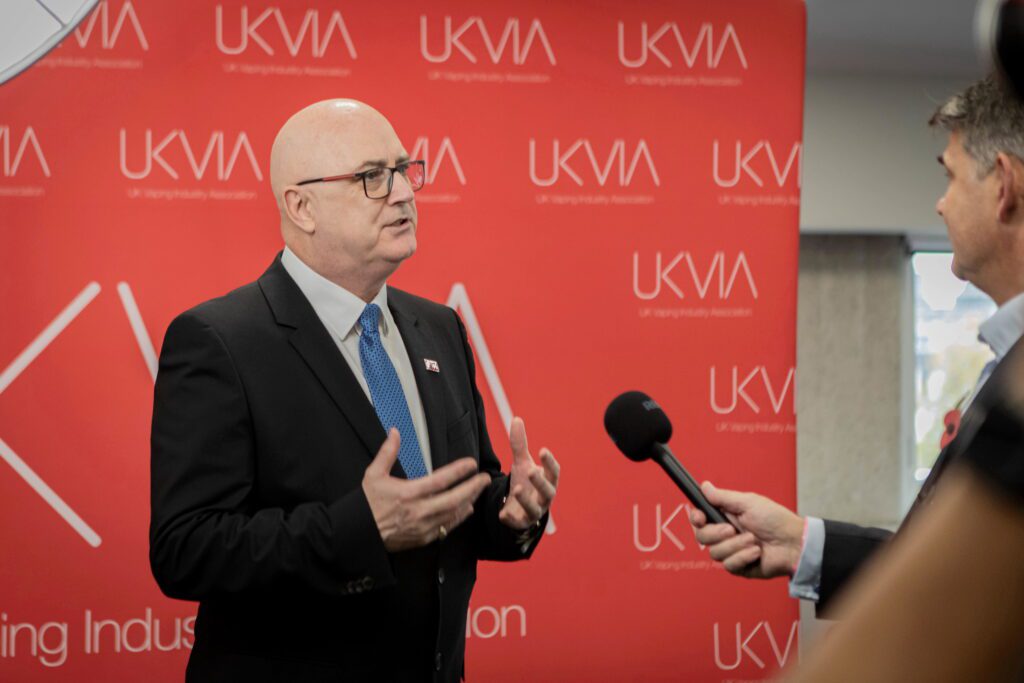
The U.K. has been held up as providing the “gold standard” in proportionate vape regulation.
By John Dunne
It is astonishing how much ground the vaping industry has covered since Vapor Voice launched in 2014. Back then, the nascent vape industry offered a tantalizing alternative for smokers looking to quit smoking. Cig-a-like devices were the order of the day, but they often leaked, had a limited range of flavors and were rather underpowered. The main thing is that they were not cigarettes and provided a smoking alternative that really worked. It was unclear how e-cigarettes would evolve, but while many dismissed this as a passing fad, budding vaping entrepreneurs were already working on business plans.
What was clear from the beginning was that a passionate fanbase of devotees emerged, and they spread the word about this new smoking alternative far and wide with evangelical passion. The relatively unsatisfying flavors from these earliest devices turned out to be a massive boon for the fledgling industry as fans made their own e-liquid with readily available ingredients, resulting in an explosion of new flavors being tested on friends and family members.
These humble beginnings led to the industry that exists today. Many international brands started with someone experimenting with different flavor combinations created in their kitchens or garden sheds, only to discover that they had stumbled upon a product with enormous commercial potential. Technological advances led to more powerful batteries, larger tanks and more efficient heating systems, which excited the growing army of fans.
The Vaper Expo U.K.—now one of Europe’s most essential vape events—came to the U.K. in May 2015 and saw thousands of vape fans queueing for hours to be among the first into the arena. The interest in vaping was astonishing, and things began to move very quickly. Former smokers morphed into passionate advocates for this new technology. Expos featured spinoff cloud-chasing contests and performances from talented individuals who found they could make a living by producing intricate patterns from exhaled vapor clouds.
Specialist vape shops sprung up to meet the demand of former smokers and hobbyist vapers while flavor names from these early days were often exotic and fantastical. Names like “Beach Bum,” “Eye of the Tiger,” “Flaming Hot Tamale,” “Dragon’s Crown,” “Vamp Toes” and “German Chocolate Beefcake” dominated.
E-liquid came in glass bottles of various colors with pipette droppers, and branding often featured the most complex and colorful designs, which would not have looked out of place in a modern art graduate’s portfolio. Many early adopters abandoned their careers to invest their life savings in producing their own e-liquids. As vaping became more popular and moved from niche to mainstream, politicians took notice, and regulation changed everything.
The European Union updated its 2001 Tobacco Products Directive to include e-cigarettes in 2014 and, after a two-year grace period, the U.K. began enforcing regulations covering product safety, vapor emissions testing and new limits on tank and bottle sizes and nicotine strength. This saw the demise of many hobbyist e-liquid creators who had supplemented their incomes with home-grown e-liquids they sold locally or online, but it also paved the way for the serious players to grow and flourish.
The U.K. Vaping Industry Association (UKVIA) was formed in 2016 to “support, develop and promote” the vape industry and promote the public health benefits of this reduced-risk alternative to smoking. It was immediately clear that there was a lot of opposition to overcome.
Just like we have seen in the U.S., the mainstream media in the U.K. found it could generate huge numbers of clicks and views by stirring up a new moral panic around vaping. Scare stories misrepresented already dubious scientific research, and baseless articles linking vaping with cancer, lung disease and heart disease flourished. The press demonized a product that was allowing smokers to quit and quietly ignored the enormous death toll caused by cigarettes.
I have never been in more demand from national TV, radio and newspapers to speak about vaping. Media interviews can range from productive to utterly frustrating. Some presenters want me on their shows just to shout at me, and others have their minds made up and refuse to listen to reason, but some want a balanced discussion about vaping and its role in harm reduction.
Emotive subjects, such as environmental concerns and youth access, are staple interview topics, and I am happy to get up at the crack of dawn for the first segment of the morning TV breakfast show or appear live in the studio for a late-night current affairs debate to promote the benefits of the vaping industry.
The U.K. has been held up as providing the “gold standard” in proportionate vape regulation for the rest of the world to follow. Although not perfect, our regulations have generally offered the right level of public protection while allowing the industry to flourish by offering adult smokers a far less harmful alternative to cigarettes.
In recent years, that has started to change, with the U.K. poised to ban disposable devices next year on the grounds of environmental and youth access concerns. These concerns are important, but there are better ways to tackle youth vaping. For four years, we have been calling for the government to introduce a vape retail licensing scheme, similar to the way alcohol is licensed, with fines of up to £10,000 ($12,453) per instance for those who sell illegal products or sell to anyone underage. This scheme would fund a national enforcement campaign backed by regular inspections and test purchasing to ensure retailers comply with the law or face losing their license and their ability to trade.
Vape Club, one of our UKVIA members, has already drafted the framework for such a scheme, yet the government insists it has no plans to introduce such a system. Back in 2016, I could hardly have imagined a future where the vape industry would be proposing more robust and more effective legislation to a government that seems unable or unwilling to do so, yet that is exactly how things turned out.
We currently have proposed legislation making its way through Parliament that would give the government unprecedented new powers to restrict flavors, point-of-sale displays and packaging. The government accepts that bringing in new restrictions could cause current vapers to resume smoking but, astonishingly, has not conducted a risk assessment to determine the health harms this may bring.
The evolution of the vape industry in the past decade has brought many challenges and has been far from smooth. The industry started with disposable devices, moved to refillable tank systems, witnessed a recent renaissance in disposables and is moving back to refillable tank systems once again. E-liquid flavors, absolutely vital to help adult smokers quit, will continue to evolve to meet changing consumer demand, but I can’t see a return to the days of “Flaming Hot Tamale,” “Dragon’s Crown” and “Vamp Toes” flavors—and that is not a bad thing.
We have achieved so much in a decade, and I am convinced we can eventually win over a skeptical media. Until that happens, I will patiently explain why vaping does not cause popcorn lung and how nicotine does not cause cancer.
I am also heartened to see just how far the vaping industry has come in one decade, and I am intrigued to see what incredible advances will occur between now and 2034.
John Dunne is the director general of the U.K. Vaping Industry Association.

